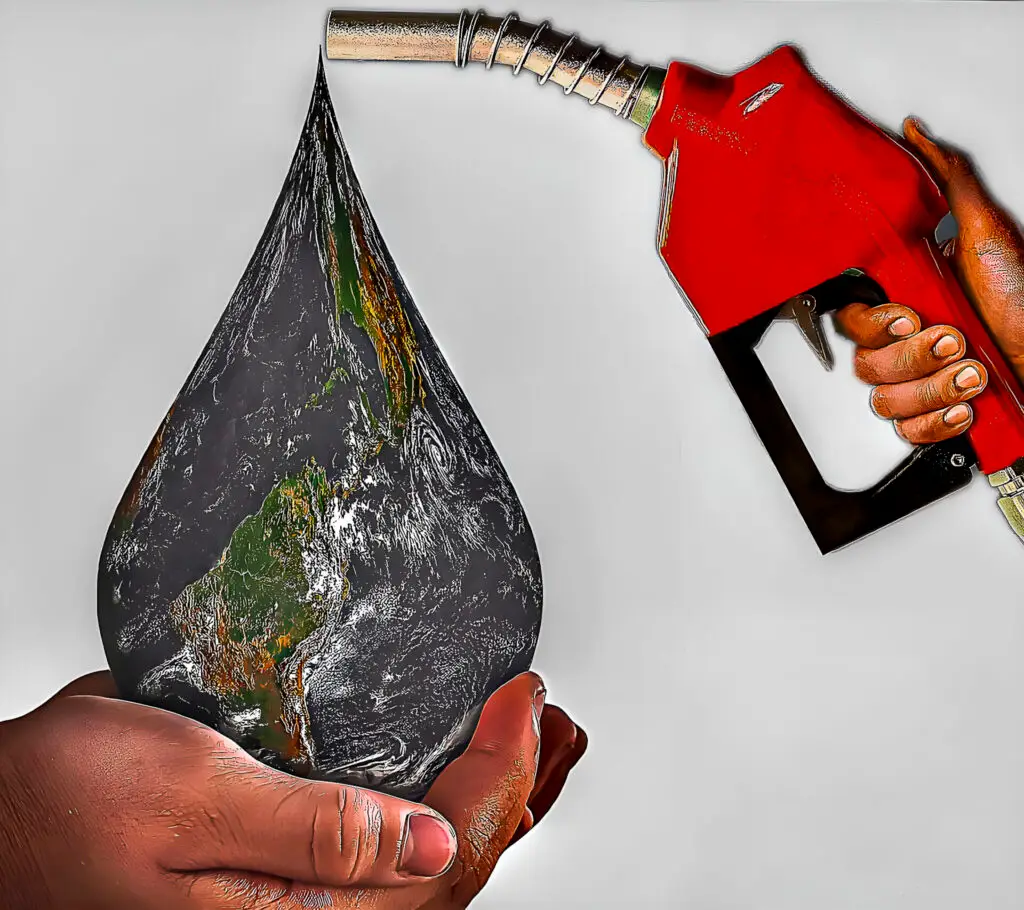Fueling the Globe
Petroleum distribution is the lifeblood of modern civilization, connecting vast oil reserves to consumers worldwide. This intricate process involves a complex web of logistics, infrastructure, and supply chains. In this blog post, we’ll delve into the fascinating world of petroleum distribution, exploring its significance, challenges, and the key players involved in fueling the globe.
The Significance of Petroleum Distribution
Petroleum, also known as crude oil, is a finite natural resource that fuels our economies, industries, and transportation systems. Petroleum distribution is the critical link between oil production facilities and end-users, ensuring a seamless flow of energy across the globe. From gasoline for vehicles to jet fuel for airplanes and various petrochemical products used in manufacturing, petroleum powers nearly every aspect of modern life.

The Supply Chain Journey
Petroleum, also known as crude oil, is a finite natural resource that fuels our economies, industries, and transportation systems. Petroleum distribution is the critical link between oil production facilities and end-users, ensuring a seamless flow of energy across the globe. From gasoline for vehicles to jet fuel for airplanes and various petrochemical products used in manufacturing, petroleum powers nearly every aspect of modern life.
The Significance of Petroleum Distribution
The journey of petroleum from oil fields to end-users is an intricate process. It begins with extraction and production at oil wells, followed by transportation through pipelines, tankers, or railroads to refineries. At refineries, crude oil is processed into various products, which are then distributed to retail stations, commercial clients, and industries through a network of storage terminals and delivery trucks.
Petroleum Distributors: Bridge Between Supply and Demand
Petroleum distributors play a vital role in ensuring the efficient movement of petroleum products from refineries to consumers. They act as intermediaries between suppliers and buyers, optimizing the supply chain to meet the diverse demands of different markets and industries. Distributors like Brad Hall Fuel, based in Idaho Falls, Idaho, exemplify the dedication and expertise required to navigate this complex landscape.
Meeting Diverse Customer Needs
Petroleum distribution serves a broad spectrum of customers, each with unique requirements. Retail consumers rely on distributors to provide the right blend of gasoline for their vehicles, while commercial clients and industries require bulk quantities of fuels and petrochemicals. From small family-owned businesses to multinational corporations, petroleum distributors tailor their services to accommodate the needs of a diverse clientele.
Tackling Supply and Demand Challenges
The petroleum distribution industry faces several challenges, primarily driven by the fluctuating global demand and supply of oil. Geopolitical tensions, economic fluctuations, and environmental concerns can influence oil prices and availability, making supply chain planning and risk management critical for distributors. Embracing innovation, adopting advanced technologies, and implementing sustainable practices are essential strategies for overcoming these challenges.
Ensuring Safety and Compliance
Safety is of paramount importance in petroleum distribution due to the flammable and hazardous nature of petroleum products. Distributors must adhere to strict safety standards, implement rigorous inspection protocols, and maintain robust emergency response plans to mitigate risks and protect the environment and public health.
Embracing Sustainability And The Future
As the world transitions towards greener and more sustainable energy sources, petroleum distribution must also evolve. Many distributors are exploring cleaner alternatives like biofuels and investing in renewable energy solutions. Embracing digital technologies, optimizing logistics, and reducing carbon emissions are integral to building a sustainable future for petroleum distribution.
Key Takeaway
Petroleum distribution is the backbone of modern civilization, enabling the smooth flow of energy to power economies, industries, and daily life. From exploration to delivery, the process is a testament to human ingenuity and adaptability. As we face the challenges of an evolving energy landscape, petroleum distributors like Brad Hall Fuel continue to be at the forefront, innovating, and embracing sustainability to keep the world moving forward.